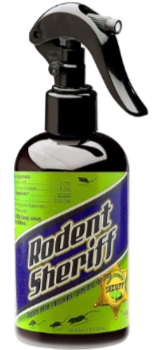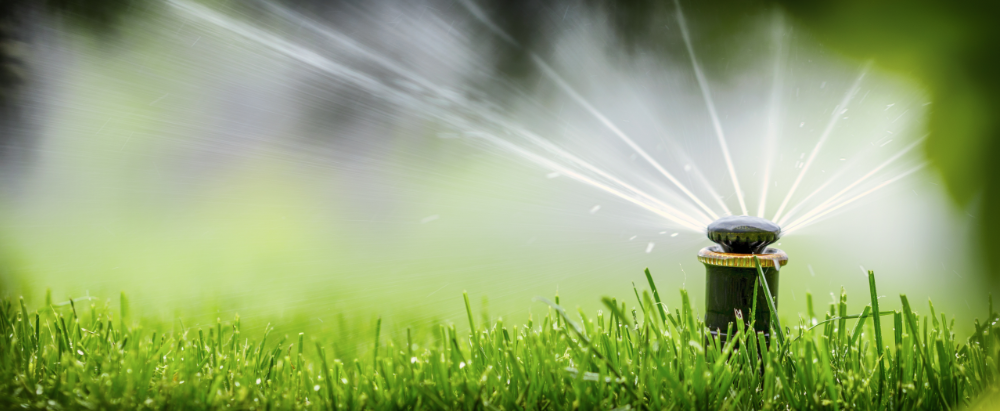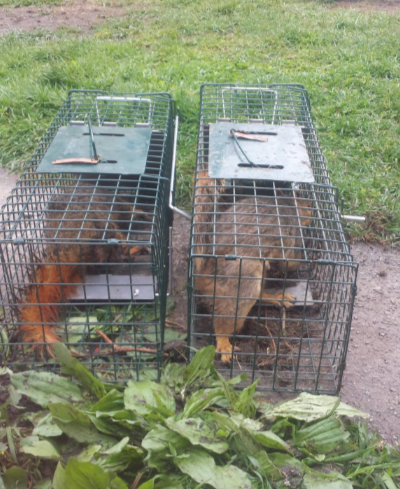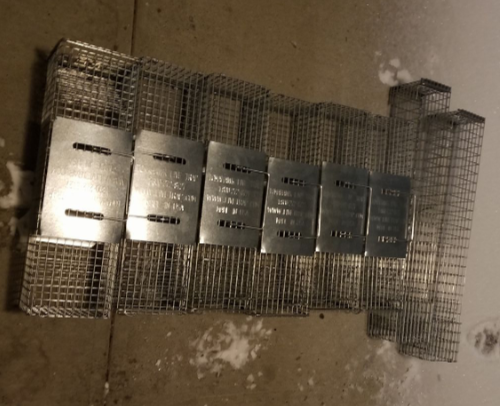Squirrel Repellents
Squirrels destroy property and you may be looking for ways to keep them away from your yard. There are many ways you can humanely control these clever but destructive pests for the most effective results.
Reasons to use squirrel repellants are that they increase the risk of your pets getting rabies. Not only do they spread illness to pets and humans, but they also damage your home. They lead to expensive electrical problems whenever they get into your home and can create potential fire hazards. You can use the following options to repel squirrels.
Chemical repellents and sprays

You can make chemical repellents made from a range of different ingredients. Predator urine or a substance made from urine can be included to help drive the squirrels away. Other chemicals are from naturally toxic substances, such as ammonia or naphthalene. You can use these ingredients in the production of mothballs, which drive squirrels away. However, using these harsh chemicals can have bad side effect that can affect plants and pets.
The Rodent Sheriff Pest Control Ultra-Pure Peppermint Spray can be used around your home because it is formulated and safe to use. Spraying down your garden will keep squirrels from getting into places like your attic. Also, it’s non-toxic and can be used in your kitchen if needed. The spray is formulated with peppermint, so it smells good to people, but works to keep squirrels away. This repellant is hazard-free and safe for use around your children and pets. It is an all-natural ingredient but may not be as effective as chemical repellents.
Natural repellents

You can also consider some natural squirrel repellent ideas. The chemical repellants can be harmful to the environment and it’s recommended to try out natural methods like hot pepper plants and cayenne pepper. These ingredients are the most used for natural squirrel repellent and used in a variety of ways:
You can sprinkle crushed red pepper flakes on the ground near the plants that seem to be attracting squirrels.
Sprinkle a light dusting of the cayenne paper right on the leaves of plants that the squirrels like. You should probably focus on the lower lying leaves.
Mix cayenne pepper and petroleum jelly and spread it on the stems toward the base of plants in your garden. You can also spread it on fences, poles, and other solid things near plants that may attract squirrels.
Make a cayenne pepper spray to shower the leaves of plants that the squirrels like. This can be done by mixing some hot sauce with water. Then pour it into a spray bottle to use directly on the leaves of the plants that the squirrels are going after.
All of these remedies will need to be reapplied periodically, especially after it rains.
Predator urine is another method because squirrels are food to other animals like foxes and coyotes. The animals’ urine is sourced directly and available in store-bought preparations.
Cages for vegetables are natural squirrel repellents too. Squirrels love vegetables, especially corn. When most methods do not work, cages work well because they keep the squirrels out. You can use tall wire cages to keep them out of your vegetable area. Be sure the garden beds have tops as well as sides, or the squirrels will climb up and in. You can use the row covers for the smaller vegetables.
Another method you can try is a garlic spray. Squirrels dislike the smell and taste of garlic. Come up with a mixture of water, garlic, vinegar, and after a few days, the flavors will have combined well. Go ahead and spray it on the areas at stake in your garden.
You can also use an apple cider vinegar spray to keep the squirrels away. Squirrels do not like the smell and taste, making it a good way to keep them out. Use it on hard surfaces and fixtures in squirrel infected areas. This spray should be used on hard surfaces and not on plants because it kills them.
Electronic repellents

We also have electronic repellents as an option. These are more suited for bigger critters and are used as a backup defense against the smaller squirrels. You can place the motion-activated sprinklers out in the yard, when activated by an inbuilt motion sensor, they startle any animal that passes with a burst of water. This chemical-free action will send the squirrels away. Try using a high sensitivity setting for them due to their small size. There is also an ultrasonic squirrel repellent that uses electromagnetic waves, ultrasonic, sonic waves, and ultraviolet rays to deter animals. Some of these machines produce squirrel repellent sounds that can’t be heard by humans, but these sound waves are irritating to squirrels.
Traps


A simple way to repel them is by using squirrel traps. Sometimes the solution to a squirrel problem is to trap and remove them to another location. You can place small pieces of corn, sunflower seeds, or other things that squirrels like in a squirrel trap, then, place the trap near the area where you know the squirrels' visit. Once the squirrels get trapped, take them to some faraway place or call your local wildlife control expert.
If you are aware of how the squirrels behave and their nest locations, it will be easier to decide the suitable repelling solution(s) to use. Chemical repellents should be reapplied regularly, especially after being washed away by rain. However, electronic repellents do not require much maintenance and are friendly to the environment. If you use more than one repelling solution, then you increase your chances of success. Also, watch the timing of your repelling effort. Learn about the squirrels’ hibernation habits around your home and plan accordingly. They struggle to survive and are not easily deterred, especially when their source of food is at stake.
Hope that these tips help, good luck!

